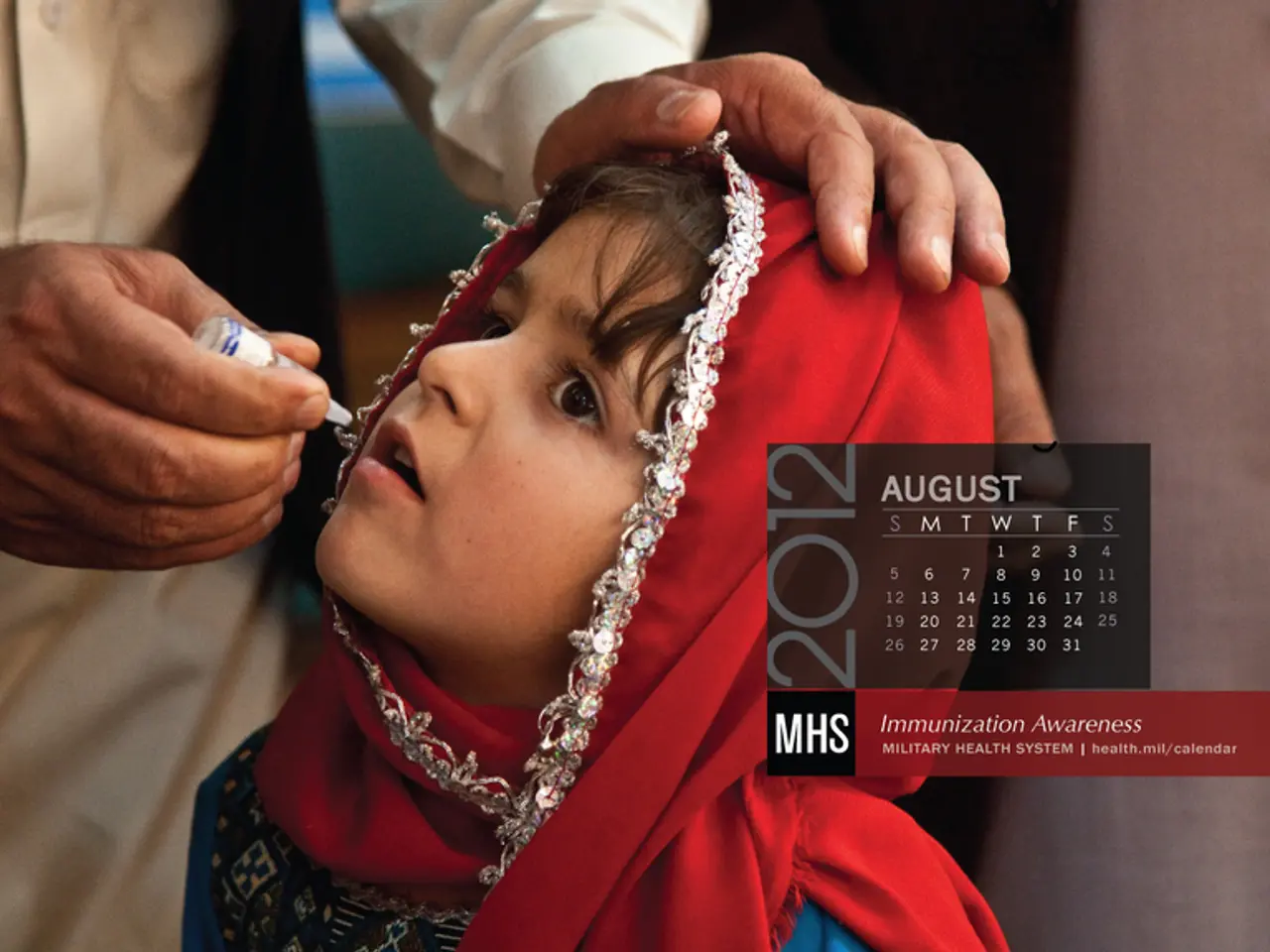Public health leader encourages CDC staff to approach citizens with trust, allowing them to make conscious decisions based on accurate information.
The Centers for Disease Control and Prevention (CDC) has been in the spotlight this week, with a series of events unfolding that have raised questions about the agency's role and direction.
Last month, Susan Monarez, the former CDC director, was dismissed from her position. Monarez alleged that Health and Human Services Secretary Robert F. Kennedy demanded that she approve modified vaccine recommendations by an independent panel, which she testified were unsupported by scientific evidence or other data. Kennedy, however, has denied these allegations, with a spokesperson stating that Monarez's testimony contained factual inaccuracies and left out important details. Monarez, on the other hand, claimed she was fired for holding the line on scientific integrity.
The dismissal of Monarez has led to expectations from Robert F. Kennedy Jr. for the CDC to reduce its role in Americans' personal life decisions, with a shift towards promoting preventive health measures through widespread use of health wearables and personalized medical care.
Meanwhile, Acting CDC Director Jim O'Neill has expressed concerns about the CDC's relations with the American public. O'Neill, who was appointed after Monarez's dismissal, believes the CDC has lost the trust and faith of the American public during the pandemic. O'Neill noted that "mission creep" has distracted the CDC from its core mission over the years, and enhanced security and repairs at the Roybal campus in Atlanta are underway to address these concerns.
In a recent email to CDC staff, O'Neill welcomed them back to the office following the incident at the CDC headquarters in Atlanta, Georgia, where the building was targeted by a gunman. O'Neill stated that the CDC only offers guidance and does not have the ability to mandate people's behavior; decisions such as school vaccine mandates are made at the state level.
Elsewhere, a former CDC official, Fiona Havers, defended the CDC's approach, stating that the agency has always treated Americans like adults by providing them with science-based evidence and guidance. This year, the CDC has been involved in combating malaria and HIV for decades and has also worked on a measles outbreak in Texas and an Ebola outbreak in Africa.
In other news, a body found in a towed Tesla registered to singer D4vd has been identified as a 15-year-old girl. Military personnel have been suspended for social media posts about Charlie Kirk's death, and five officers were shot, three fatally, while serving a warrant in Pennsylvania.
Finally, President Donald Trump signed an executive order in January withdrawing the United States from the World Health Organization (WHO). The implications of this decision are still being felt and will continue to shape global health policy in the coming months.





